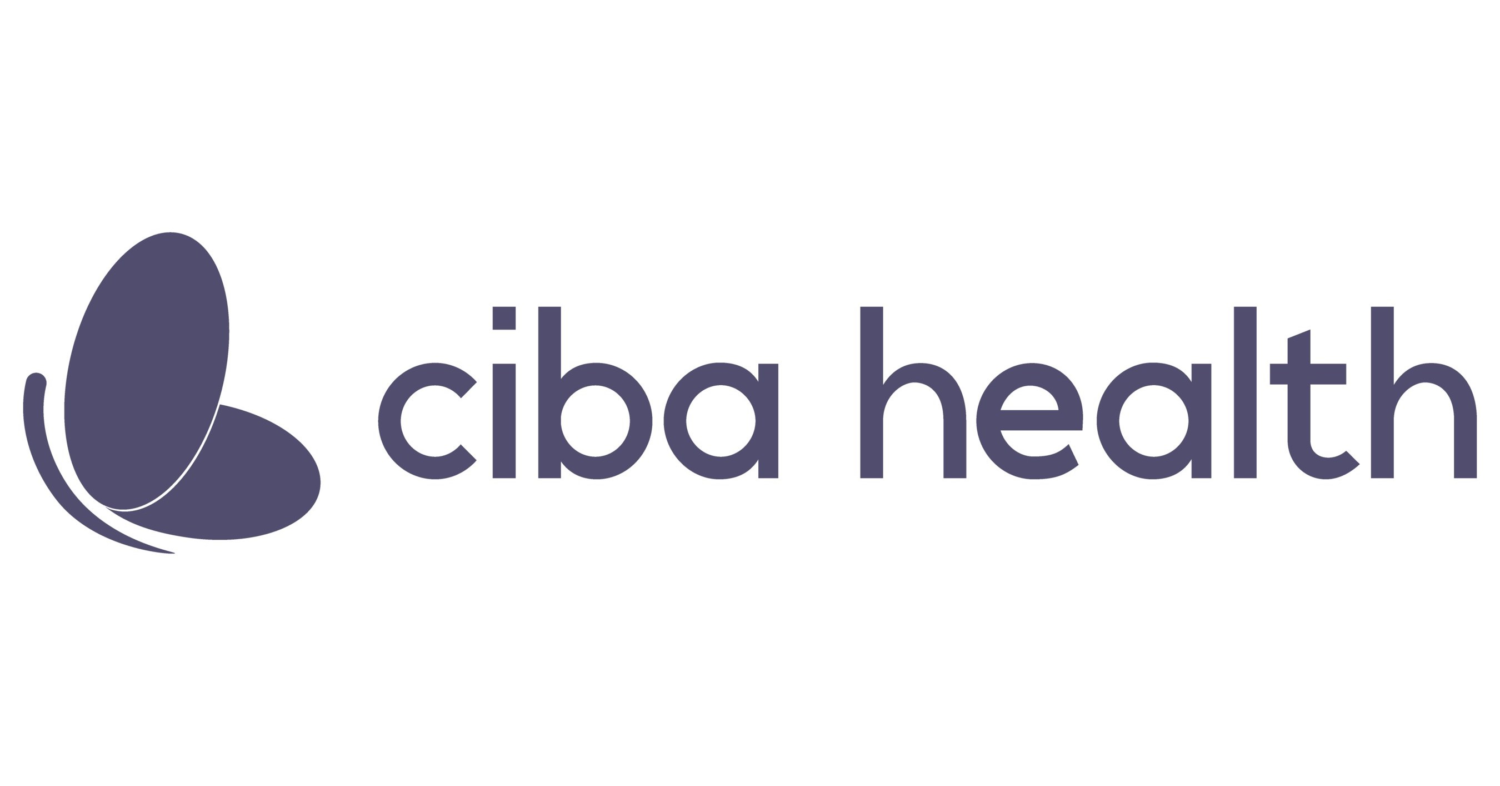Learn more about the 9 overlooked signs of a happy life and learn how to recognize the joy already present in your everyday experiences.
Happiness isn’t always about grand achievements or extravagant moments. Often, it’s woven into the simplest aspects of daily life—so subtle that you might not even notice it. In a world that often equates happiness with material success or constant excitement, we sometimes overlook the quiet, steady joy that already exists in our lives.
The good news? Recognizing these subtle signs can shift your perspective and help you embrace the happiness you may already have. When we become more mindful of what true happiness looks like, we start to cultivate more of it. The key is to notice and appreciate the small, yet powerful, indicators of a fulfilling life.
So, how do you know if you’re already living a happy life? Here are 9 overlooked signs that reveal the answer.
9 Signs of a Happy Life You May Not Have Noticed
1 – You Appreciate the Present Moment
Happiness thrives in the present. If you find yourself enjoying the little things—like a morning cup of coffee, a sunset, or a moment of laughter with a loved one—you are already experiencing a deep sense of contentment. People who can find joy in everyday moments are more likely to feel long-term fulfillment.
One of the best ways to cultivate this mindset is by practicing mindfulness. Being fully present in the moment, instead of worrying about the future or dwelling on the past, can significantly increase your overall sense of well-being. A happy life isn’t necessarily one that is free of stress—it’s one where you can still find beauty despite it.
2 – You Have Strong, Meaningful Relationships
A happy life isn’t measured by the number of friends you have but by the quality of your connections. If you have even a few close friends or loved ones who support and uplift you, this is a significant indicator of happiness. Healthy relationships bring a sense of belonging and emotional security.
Studies show that deep, meaningful relationships contribute to overall life satisfaction more than wealth or success. The ability to share your thoughts, emotions, and experiences with someone who genuinely cares about you fosters happiness in profound ways.
If you have people in your life who make you feel valued and loved, you’re already ahead in the happiness game.
3 – You Handle Challenges with Resilience
Life isn’t free of difficulties, but how you handle them can be a sign of inner happiness. If you can navigate challenges without feeling completely defeated, it shows that you have a strong foundation of optimism and emotional strength. Resilience is a key factor in long-term happiness.
Rather than viewing obstacles as setbacks, happy individuals see them as opportunities for growth. They trust that difficulties are temporary and that they can overcome them. If you’ve ever faced a tough time and managed to bounce back stronger, you’ve demonstrated one of the most powerful signs of a happy life.
4 – You Feel a Sense of Purpose
Having a purpose doesn’t necessarily mean having a high-powered career or a detailed life plan. It could be as simple as enjoying a hobby, taking care of loved ones, or making a positive impact in your community. If you wake up with a sense of direction and fulfillment, you’re already living a happy life.
Purpose provides motivation and meaning to our daily routines. Even small acts—such as helping a neighbor, volunteering, or creating something meaningful—can give us a sense of achievement. Those who feel they contribute to something bigger than themselves often report higher levels of happiness and satisfaction.
5 – You Laugh Often
Laughter is one of the most overlooked signs of happiness. If you find yourself laughing frequently—whether at a joke, a funny memory, or even yourself—it means you’re embracing life with lightheartedness. Laughter not only relieves stress but also strengthens relationships and improves overall well-being.
Research has shown that laughter releases endorphins, which naturally boost mood and reduce stress. It’s a simple but powerful way to enhance happiness. If you can find humor in everyday situations, you’ve mastered a key ingredient of a happy life.
6 – You Enjoy Time Alone
Many people associate happiness with constant social interaction, but being comfortable in your own company is a powerful indicator of inner peace. If you can spend time alone without feeling lonely, it shows that you are at peace with yourself and appreciate moments of solitude for reflection and relaxation.
Happiness isn’t about needing external validation—it’s about finding contentment within yourself. If you can spend an evening alone without feeling restless or bored, it means you’ve cultivated a strong relationship with yourself. Enjoying solitude also allows you to recharge and reconnect with your personal goals and desires.
7 – You Prioritize Self-Care
Taking care of yourself physically, mentally, and emotionally is a strong sign of happiness. Whether it’s eating nourishing foods, engaging in exercise, practicing mindfulness, or setting healthy boundaries, prioritizing self-care shows that you value your well-being.
Self-care isn’t just about pampering—it’s about creating a balanced life where you feel energized and mentally strong. When you prioritize your own needs and take steps to maintain a healthy lifestyle, you set yourself up for long-term happiness. If self-care has become a habit, consider it a sign of a deeply fulfilling life.
8 – You Express Gratitude Regularly
Gratitude is one of the most powerful ways to enhance happiness. If you often find yourself feeling thankful for what you have—whether it’s your health, relationships, or simple pleasures—you’re already living a fulfilling life. Gratitude shifts your focus from what’s missing to what’s abundant.
Journaling about the things you appreciate each day can significantly boost your sense of contentment. Even acknowledging small blessings, such as a kind gesture from a stranger or a beautiful day, can create a lasting impact on your happiness levels.
9 – You Feel Content Without Constantly Seeking More
While ambition can be positive, true happiness often comes from being content with what you have rather than always chasing the next achievement. If you can appreciate where you are in life without feeling restless or envious, it’s a strong sign that you are genuinely happy.
Being content doesn’t mean settling—it means acknowledging that joy comes from within, not from external validation. Those who find peace in the present moment and avoid comparing themselves to others tend to live more fulfilling and stress-free lives.
The Role of Mindset in Happiness
Your mindset shapes your daily experiences. A growth-oriented, optimistic outlook enables you to face life’s challenges with resilience and gratitude. By training your mind to see setbacks as learning opportunities rather than failures, you create an internal environment where happiness can thrive.
Developing a positive mindset doesn’t mean ignoring difficulties—it means choosing how to respond to them. A key part of this is self-awareness. When you recognize negative thought patterns, you can actively shift your focus toward solutions rather than dwelling on problems.
Practicing self-affirmations, meditation, and positive self-talk can gradually shift your thinking patterns.
Another important factor is self-compassion. Happy people don’t beat themselves up over mistakes; instead, they learn from them and move forward with confidence. Surrounding yourself with uplifting people and consuming inspiring content also helps reinforce a happier mindset. When you choose positivity, happiness follows.
The Connection Between Health and Happiness
Your physical health directly impacts your mental well-being. A strong body supports a strong mind, and when you feel good physically, your mood and outlook naturally improve. Here’s how prioritizing your health contributes to happiness:
Exercise and Movement: Engaging in physical activity releases endorphins, which naturally enhance mood and reduce stress. Whether it’s yoga, jogging, dancing, or simply taking a brisk walk, movement helps regulate emotions and boost overall happiness levels. Nutritious Eating Habits: A balanced diet rich in whole foods provides essential nutrients that support brain function and energy levels. Foods high in omega-3 fatty acids, antioxidants, and proteins contribute to mental clarity and emotional stability. Hydration is also crucial—dehydration can lead to fatigue and irritability, reducing your overall sense of well-being. Quality Sleep: Poor sleep can lead to increased anxiety and irritability, while quality rest supports mental clarity and emotional resilience. Establishing a consistent bedtime routine, reducing screen time before bed, and creating a comfortable sleep environment can significantly improve your sleep quality. Stress Management: Chronic stress takes a toll on both your mind and body. Incorporating stress-reducing practices such as deep breathing, mindfulness meditation, and journaling can help lower stress levels and improve overall well-being.Taking care of your body ensures that your mind has the strength to maintain happiness, creating a cycle of physical and emotional wellness.
How to Recognize and Cultivate Happiness
Happiness is a practice, not a destination. Sometimes, we are so focused on chasing future goals that we fail to recognize the joy that already exists in our lives. The good news? Happiness is within reach—you just have to nurture it. Here’s how:
Practice Gratitude Daily: Start by identifying small moments of joy in your routine—whether it’s enjoying a quiet morning, laughing with a friend, or appreciating nature. Keeping a gratitude journal and writing down three things you’re thankful for each day can shift your focus from what’s lacking to what’s abundant in your life. Engage in Acts of Kindness: Doing something thoughtful for someone else—whether it’s a compliment, a small gift, or simply offering support—creates a positive feedback loop that benefits both you and the recipient. Acts of kindness boost self-esteem, strengthen relationships, and contribute to overall life satisfaction. Pursue Meaningful Activities: Engaging in hobbies and activities that bring you fulfillment helps reduce stress and increases your overall happiness. Whether it’s painting, gardening, playing music, or reading, setting aside time for personal interests can improve mental well-being. Surround Yourself with Positivity: The people, environment, and media you engage with daily influence your mindset and emotional well-being. Spending time with uplifting individuals, creating a positive living space, and consuming content that inspires you can all contribute to a more fulfilling and joyful life.True happiness grows from intentional living. By nurturing positivity and self-care daily, you build a strong foundation for lifelong fulfillment.
Final Word
Happiness isn’t about chasing a perfect life—it’s about appreciating the one you have. Many of the signs of a happy life are subtle, hidden in the small moments we often take for granted. Recognizing them allows you to feel more gratitude, contentment, and joy in everyday life.
If you don’t identify with every sign listed, don’t worry. Happiness is a journey, and it’s something you can cultivate over time. By adopting a positive mindset, prioritizing your health, and making intentional choices that bring you joy, you can create a fulfilling and meaningful life.
Ultimately, happiness is not found in material success or fleeting pleasures—it’s built in the way you live, love, and appreciate the world around you. Start recognizing the signs today, and you may realize you’re already living a truly happy life.
For more inspiration and tools to harness the power of your mind, explore offerings from PositiveKristen.com and PowerofPositivity.com.
The post 9 Signs of a Happy Life You Might Be Overlooking appeared first on Power of Positivity: Positive Thinking & Attitude.















 Bengali (Bangladesh) ·
Bengali (Bangladesh) ·  English (United States) ·
English (United States) ·